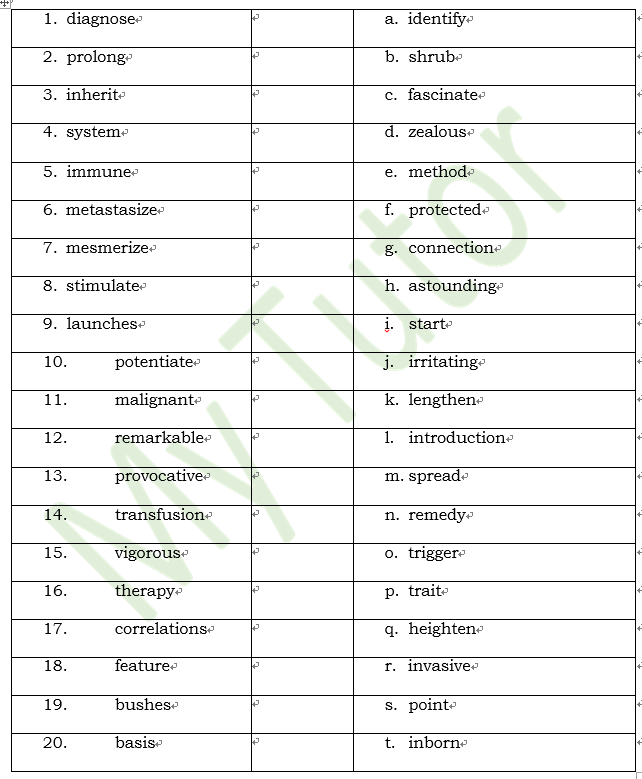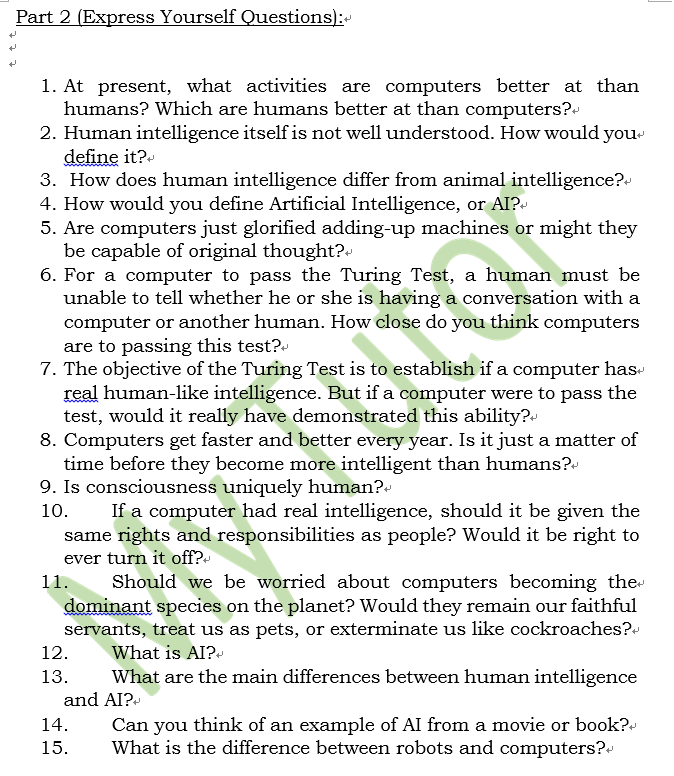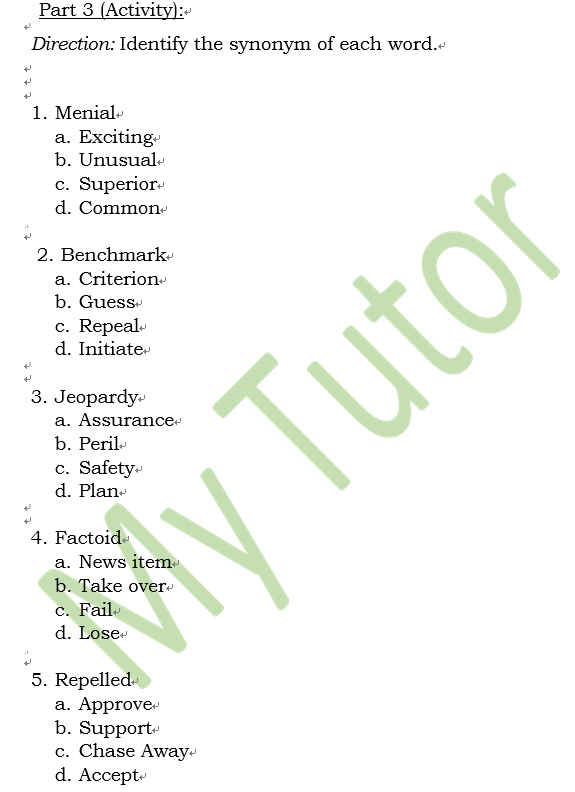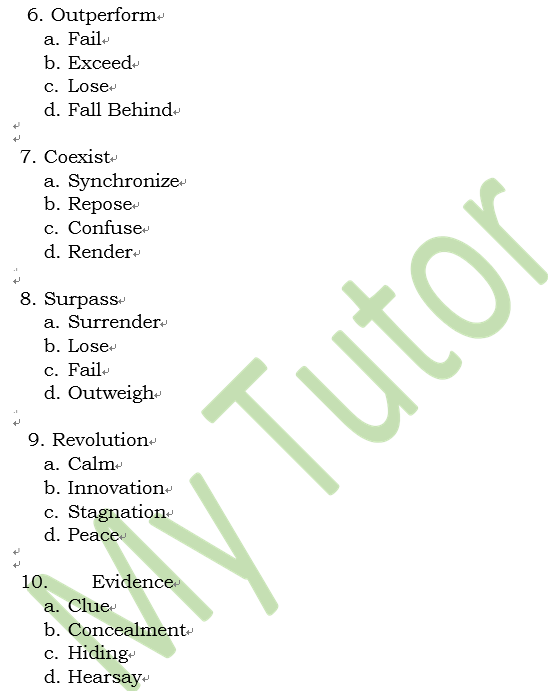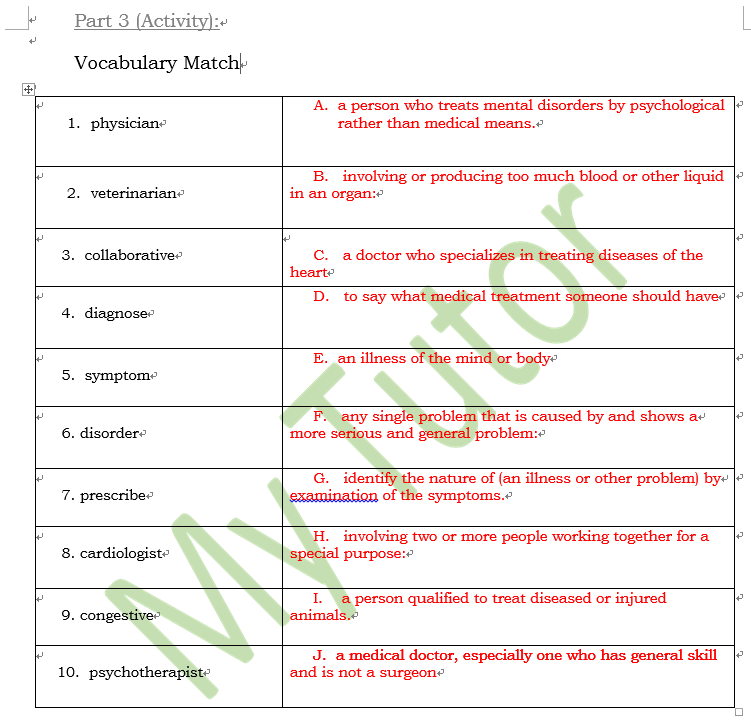
QUESTIONS
Part 1 (Comprehension Questions ):
- What were they supposed to do when the nuclear attack came?
- According to Bill Gates, what was something people actually invested very little?
- What did they not had in order to see how far the virus had spread?
- What organization did a great job in orchestrating volunteers?
- What can be put back in people in order to protect them which was never tried, according to Bill Gates?
- What were the three reasons why Ebola didn’t spread more?
- Where and when was the last time germ game was done?
- What was the score in the said “germ game”?
- What was the World Bank’s estimation if the world would have worldwide flu epidemic?
- What could be one positive thing that can come out of the Ebola epidemic which Gates mentioned?
Part 2 (Express Yourself Questions):
1. What do you think you can do to prevent your chance of being infected in a pandemic?
2. What would you react if a colleague came in to work showed symptoms of being infected?
3. What is your opinion on how the government should or could do to reduce people’s chance of infection?
4. What difference do you foresee that closing borders would make?
5. Do you agree that wearing a mask makes much difference or does it just give psychological support?
6. How much difference do you think that sanitizing and washing your hands would make?
7. Do you share the same opinion that vaccinations are useful or dangerous?
8. Do you often receive a vaccination for flu in the winter? How is the vaccination given to you?
9. What is your stance about travelling to a country with a significant outbreak?
10. In what ways do you think a pandemic would affect the world’s economy?









